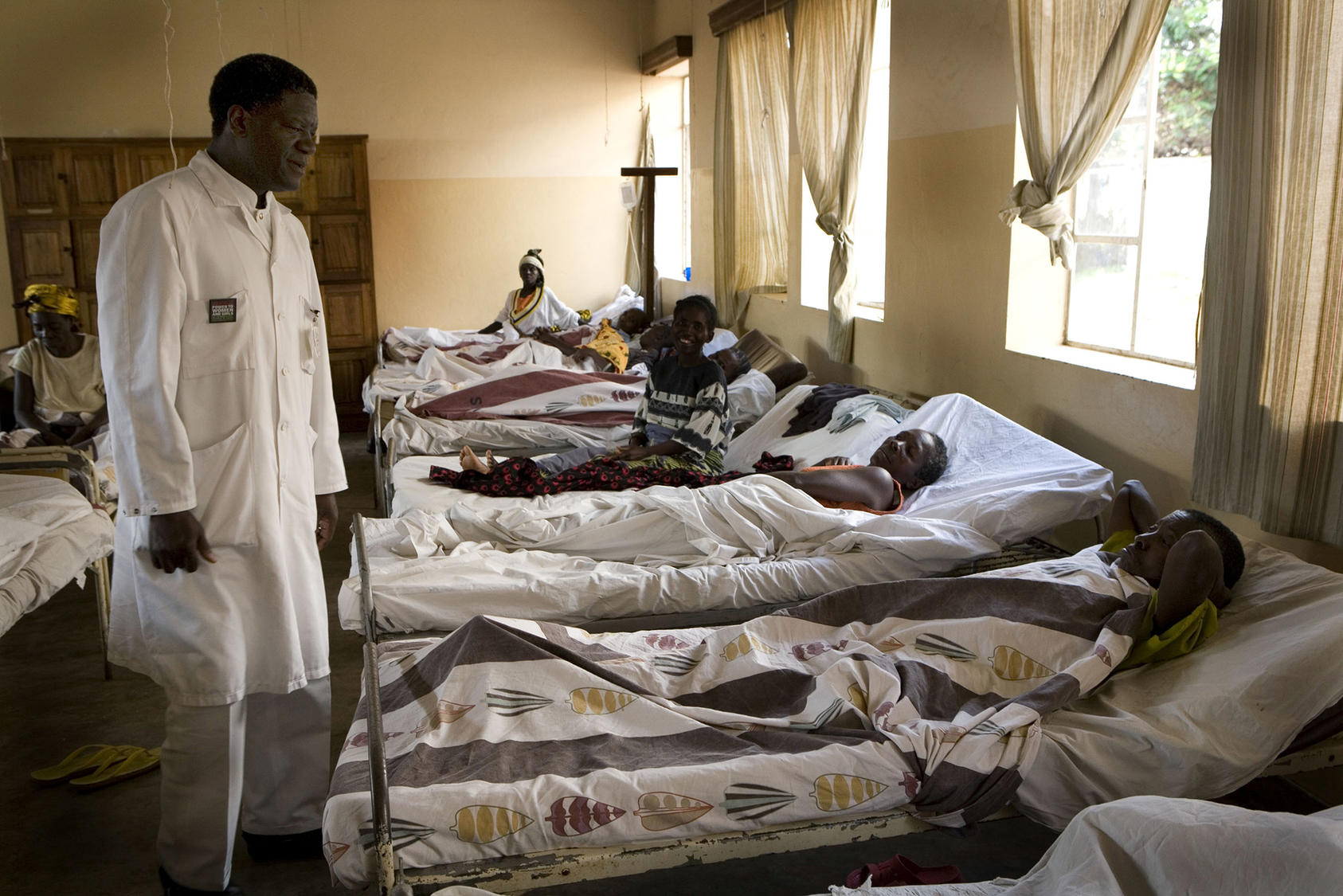Awarding the 2018 Nobel Peace Prize to advocates for survivors of wartime sexual violence, Dr. Denis Mukwege and Nadia Murad, indicates that the issue of sexual abuse has gained international recognition. This comes ten years after the adoption of the UN Security Council Resolution 1820, which declared that conflict-related sexual violence constitutes a war crime and a crime against humanity. This Special Report highlights the limited scope of the resolution, examines the connections between sexual violence and conflict, and urges key stakeholders to view sexual violence—both during conflict and after—as a threat to international peace and security.
Summary
- The consequences of sexual violence during armed conflict include trauma, social stigma, cyclical poverty, health issues, and unwanted pregnancies. Furthermore, the impacts of sexual violence during armed conflict last generations, disrupting societies and making peace elusive.
- Recognizing the scale of the problem, the United Nations Security Council in 2008 adopted Resolution 1820, which condemned sexual violence as a tool of war and offered specific actions to address the causes and consequences of wartime sexual violence.
- The implementation of Resolution 1820 has primarily focused on sexual violence committed by armed actors, but ten years of programming and research demonstrate clear connections between conflict and sexual violence that extend beyond wartime.
- Other forms of sexual violence, including sexual exploitation and abuse, domestic sexual violence, and violence targeted at women in politics, are often exacerbated by armed conflict and increase insecurity. This report defines this violence as conflict-associated sexual violence.
- Conflict-associated sexual violence contributes to the normalization of violence, undermines social cohesion, and worsens structural inequalities.
- The harmful impacts of conflict-associated sexual violence threaten the security of women, communities, and states, and disrupt peace processes.
- The United Nations and its member states, civil society organizations, media outlets, the private sector, and academia must recognize and address the detrimental impacts of conflict-associated sexual violence.
- The policy community must consider conflict-associated sexual violence as both a public health and a security concern.
About the Report
Adopted in 2008, UN Security Council Resolution 1820 called upon member states to end sexual violence against women and girls and acknowledged the international community’s responsibility to respond to and prevent conflict-related sexual violence. Although Resolution 1820 has led to remarkable progress in addressing sexual violence during conflict, narrow interpretations of what constitutes conflict-related sexual violence limit its impact. This report focuses on types of sexual violence that may occur outside of conflict but are worsened by it and makes recommendations to institutions that can play a role in preventing sexual violence during and after conflict.
About the Authors
Pearl Karuhanga Atuhaire is a program specialist with UN Women in Liberia. Nicole Gerring is a senior lecturer in the Irvin D. Reid Honors College at Wayne State University. Laura Huber is a PhD candidate in political science at Emory University. Mirgul Kuhns is a peacebuilding practitioner based in Washington, DC. Grace Ndirangu is a graduate student in governance, peace, and security at the African Nazarene University in Nairobi, Kenya. All five are members of the Missing Peace Initiative’s Young Scholars Network.
